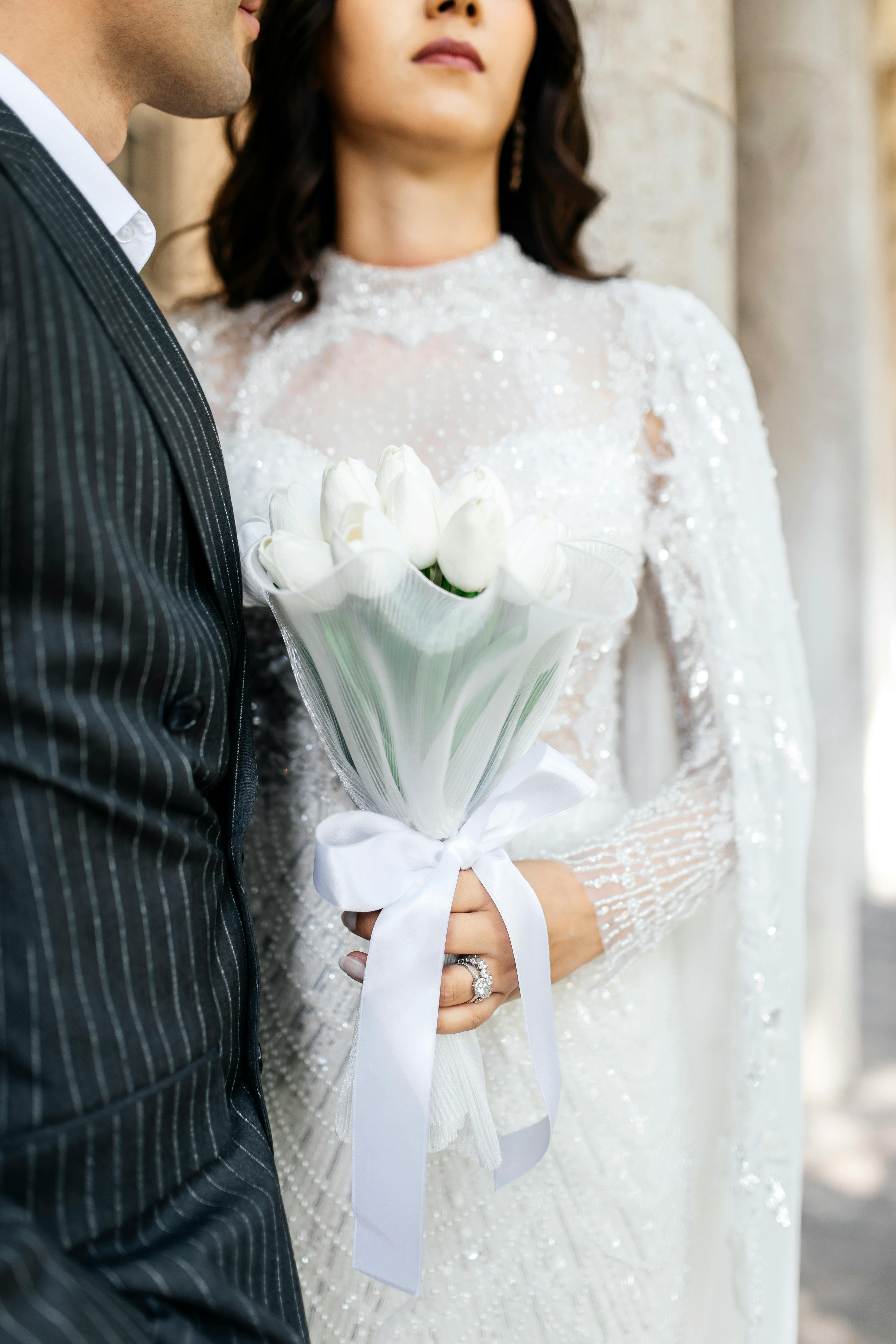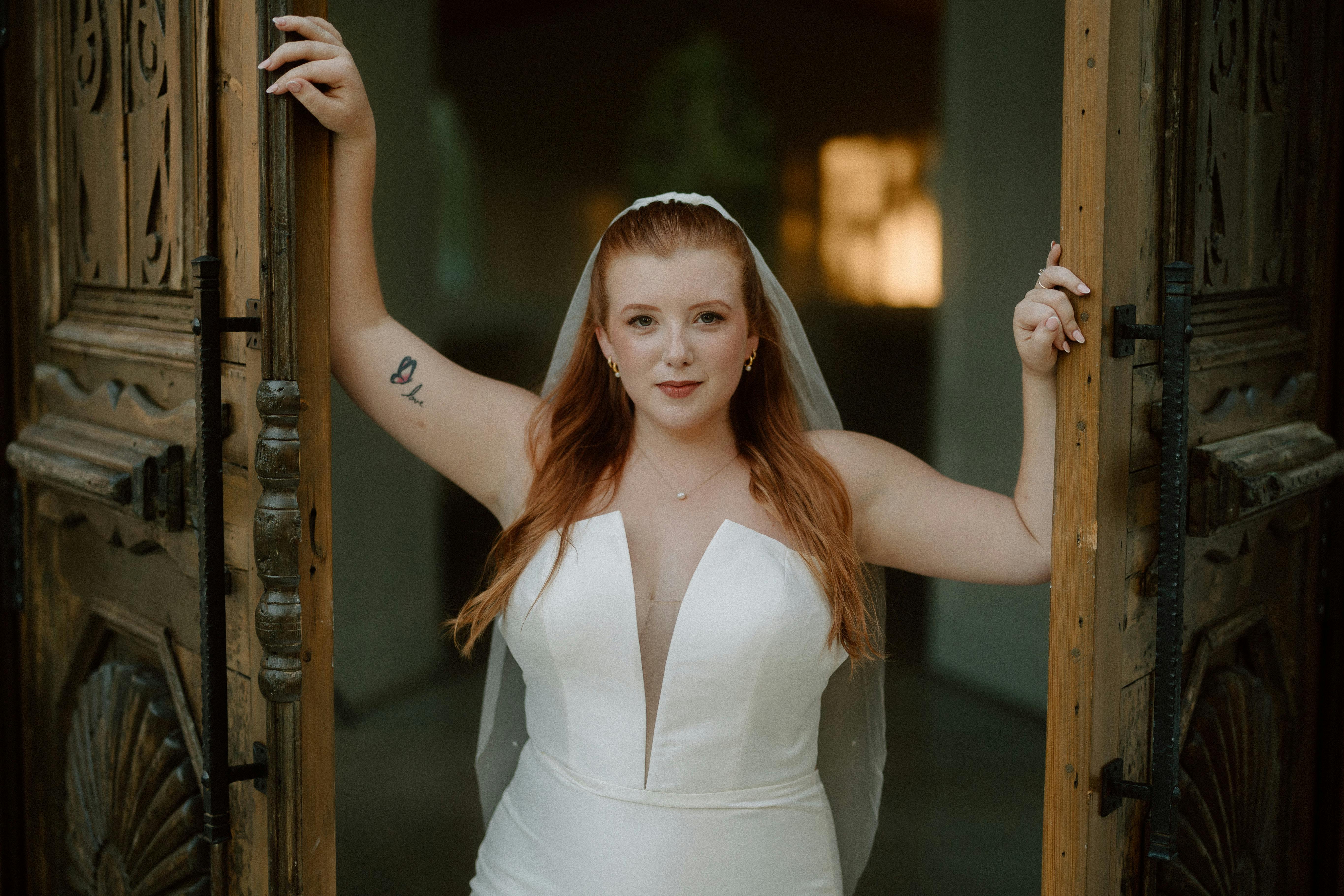As you embark on the exciting journey of planning your dream destination wedding, it’s understandable that you may feel overwhelmed by the sheer number of details to consider. That’s where this “Master Guide to Destination Wedding Coordination” comes into play! In this piece, you’ll find critical information that can make your planning process smoother and ensure your special day is all you’ve ever wished for. From selecting the perfect location to coordinating travel logistics, this guide offers practical tips, proven strategies, and key insights you’ll need to successfully navigate the complex world of destination wedding planning. Your fairytale wedding in a dream destination doesn’t have to remain a dream; let’s make it a reality, shall we?

Understanding the Concept of a Destination Wedding
Definition of a Destination Wedding
A destination wedding is a type of wedding ceremony that takes place outside your hometown or usual place of residence. You and your partner choose a special location that appeals to you both, and this becomes the venue for your wedding celebration. This could be anywhere from a beach resort in the tropics to a quaint countryside village in Europe.
Benefits of a Destination Wedding
The appeal of a destination wedding lies in its ability to provide a unique and memorable experience. With a destination wedding, you get to exchange vows in an exotic locale, surrounded by breathtaking scenery. Not only do you get to create long-lasting memories, but also offer your guests an unforgettable experience. You can also combine your wedding, honeymoon, and a mini-vacation for your guests into one.
Potential Challenges with Destination Weddings
While destination weddings can be dreamy and appealing, they do come with their own set of challenges. Some of these challenges could include language barriers, unfamiliarity with local customs and practices, logistical difficulties, and potential higher costs. However, these challenges can be effectively addressed with careful planning and by hiring a competent destination wedding coordinator.
Role of a Destination Wedding Coordinator
Primary Duties of a Wedding Coordinator
A destination wedding coordinator is a wedding industry professional who specializes in organizing weddings that take place in distant locales. The primary role of a wedding coordinator is to ensure that your destination wedding is well planned, organized, and executed. This includes handling logistics, coordinating with vendors, managing the wedding timeline, and ensuring that everything goes as planned on the wedding day.
Difference between a Wedding Planner and Coordinator
There might be confusion regarding the roles of a wedding planner and a wedding coordinator. While there is an overlap in their functions, they are distinct roles. A wedding planner is involved in the entire process of planning your wedding, usually working with you from the early stages of planning. On the other hand, a wedding coordinator is generally involved in the latter stages of the wedding process, focusing on executing the plans on the wedding day.
Why You Need a Destination Wedding Coordinator
Having a destination wedding means you will most likely be unfamiliar with the locale, vendors, practices, and even language in some cases. That’s where a destination wedding coordinator becomes invaluable. They have the knowledge, experience, and networks that can help mitigate these challenges. They can negotiate contracts, organize logistics, and overall, help ensure that your wedding is as stress-free as possible.
Process of Hiring a Destination Wedding Coordinator
Where and How to Find a Wedding Coordinator
Finding a destination wedding coordinator can start from simple online searches or recommendations from friends and families. Wedding websites, forums, and social media platforms can also be valuable resources. Once you’ve narrowed down some choices, it’s on to the next stage: interviewing and vetting.
Interviewing Potential Wedding Coordinators
The interview process is essential in determining if a coordinator is a right fit for you. Some questions you should ask could include their experience with destination weddings, how they handle emergencies, and whether they can work within your budget. You should also inquire about their communication style and how often they will update you. Remember to trust your gut feeling in this process as well.
Contract and Pricing Structure
Once you’ve selected a wedding coordinator, the next step is to go through the contract and understand their pricing structure. This varies widely between coordinators, so you would want to make sure it fits within your budget. The contract should clearly define the services to be provided, terms of payment, cancellation policy and any other relevant details.
The Scope of Work for a Destination Wedding Coordinator
Booking and Liaising with Vendors
One of the primary responsibilities of a destination wedding coordinator is to book and liaise with vendors. This includes everyone from the venue, caterers, photographers, to florists. Having a local expert who is familiar with the quality and reliability of vendors is invaluable.
Site Visits and Selection
Another key task of a wedding coordinator is assisting with site visits and helping you choose the perfect wedding location. They will provide you with a shortlist of suitable venues, arrange for site inspections and guide you in selecting the best one that suits your taste and budget.
Wedding Day Coordination
On the wedding day, the coordinator oversees the entire event, coordinating the actions of all vendors, managing timelines, and ensuring everything goes as planned. Their role on the wedding day is integral to ensuring you have a stress-free and memorable ceremony.

Destination Wedding Budgeting
Budgeting Basics
Budgeting for a destination wedding can be a tad complex. Some costs to consider include travel and accommodation, venue and catering fees, entertainment, photography, and decor expenses. Other costs like shipping wedding items, taxes, and gratuities should not be neglected as well.
Unexpected Costs to Account For
There may also be unexpected costs that crop up such as last-minute vendor cancellations, change in guest count, or unforeseen weather conditions that require modifications in plans. These should be factored into your budget as contingencies.
How a Coordinator Can Help with Budgeting
Having a coordinator can help to simplify this intricate process. Based on their industry knowledge and experience, a coordinator can give you an accurate estimate of various costs, help negotiate better deals with vendors, and advise on where to save and where to splurge.
Selecting a Destination Wedding Venue
Factors in Choosing a Wedding Venue
Selecting the perfect venue for your destination wedding is crucial. Factors to consider include the cost, location, capacity, available amenities, services, and the types of wedding the venue can handle.
Role of a Wedding Coordinator in Venue Selection
Your wedding coordinator’s expertise and local knowledge come in handy here. They can provide options that fit your requirements, arrange for physical or virtual tours, negotiate pricing, and ensure that your chosen venue has everything needed to make your big day perfect.
Dealing with Venue Booking Procedures
Booking a wedding venue comes with paperwork and protocols. A wedding coordinator knows the ins and outs of these procedures. They can help to secure your booking, ensure that all your requirements are met, and that there are no unfortunate surprises when your big day comes.

Vendor Management and Coordination
Types of Vendors for a Destination Wedding
There are various vendors you would need for your wedding. These include the venue, caterer, florist, photographer, videographer, entertainment, and transportation providers, among others.
Negotiating Contracts with Vendors
From experience, your coordinator knows the standard rates and can effectively negotiate to get you the best deal. They will also help review and refine the terms of the contract to ensure you have what you need and are protected from any potential pitfalls.
Utilizing the Coordinator’s Network of Vendors
A good destination wedding coordinator will have an extensive network of reliable vendors that they frequently work with. Utilizing their network can simplify the process and give you the reassurance that your vendors are trusted and tested.
Wedding Etiquette and Protocol
Inviting Guests to a Destination Wedding
Inviting guests to a destination wedding is arguably more complicated than a traditional wedding. It involves more information like accommodation details and travel arrangements. It is advisable to send invites earlier to give your guests ample time to plan.
Handling Guests’ Travel and Accommodation
A big part of hosting a destination wedding is ensuring your guests’ travel and accommodation are well-catered for. Your wedding coordinator can help to organize group travel arrangements, handle hotel bookings, and coordinate transportation from the hotel to the wedding venue.
Cultural Protocols and Sensitivities at Destination Weddings
Destination weddings often come with their own unique cultural protocols and sensitivities that could differ from what you’re accustomed to in your hometown. It’s important to research and be aware of local culture and customs, particularly if you plan on incorporating them into your ceremony. A wedding coordinator with knowledge of local customs can guide you in this aspect.
Emergency Preparedness at Destination Weddings
Handling Weather Related Issues
Weather unpredictability is a constant at any outdoor event. Your wedding coordinator’s experience will come to play in having contingency plans like alternative indoor locations and additional arrangements such as marquees and heaters to handle such issues.
Backup Plan for Key Wedding Elements
Whether it’s a vendor cancellation or a missed flight, unexpected happenings are almost inevitable. A wedding coordinator would usually have a backup plan for key wedding elements to ensure the event proceeds smoothly despite any hiccups.
Role of a Coordinator in Managing Emergencies
Your coordinator is your go-to person for any emergencies during the wedding. Whether dealing with lost luggage or addressing a guest’s special dietary needs, a good wedding coordinator is equipped to handle such situations efficiently and effectively.
Post-Wedding Coordination
Handling Leftover Details Post-Wedding
After the wedding, there are usually details left to handle like returning rental items, distributing leftover wedding items, sending thank-you notes, and sorting out vendor payments. This is where the post-wedding services of a coordinator come into play.
Liaising with vendors after the wedding
Issues could arise with the vendors after the wedding – perhaps there was a problem with the photography or you notice damage to rented items. Your coordinator can liaise with the vendors on your behalf to resolve these issues.
Role of a Wedding Coordinator after the Wedding Day
Aside from handling leftover details and liaising with vendors, your coordinator might also assist with booking post-wedding brunches or other activities. They will ensure a memorable end to your wedding celebrations. Ultimately, a destination wedding coordinator is committed to making your dream wedding a reality, providing invaluable support from inception till end.